
Professor of Economics at Yale University (@YaleEconomics & @YaleSOM) | Director, @YaleRISE | Development Economics 🇧🇩 🇰🇾
7 subscribers
How to get URL link on X (Twitter) App



 Many Indian students take collateralized loans worth US$40-50,000 from Indian private Banks to pay tuition for one-year CS and IT degrees at run-of-the-mill US universities like Sacred Heart Univ (SHU).
Many Indian students take collateralized loans worth US$40-50,000 from Indian private Banks to pay tuition for one-year CS and IT degrees at run-of-the-mill US universities like Sacred Heart Univ (SHU).

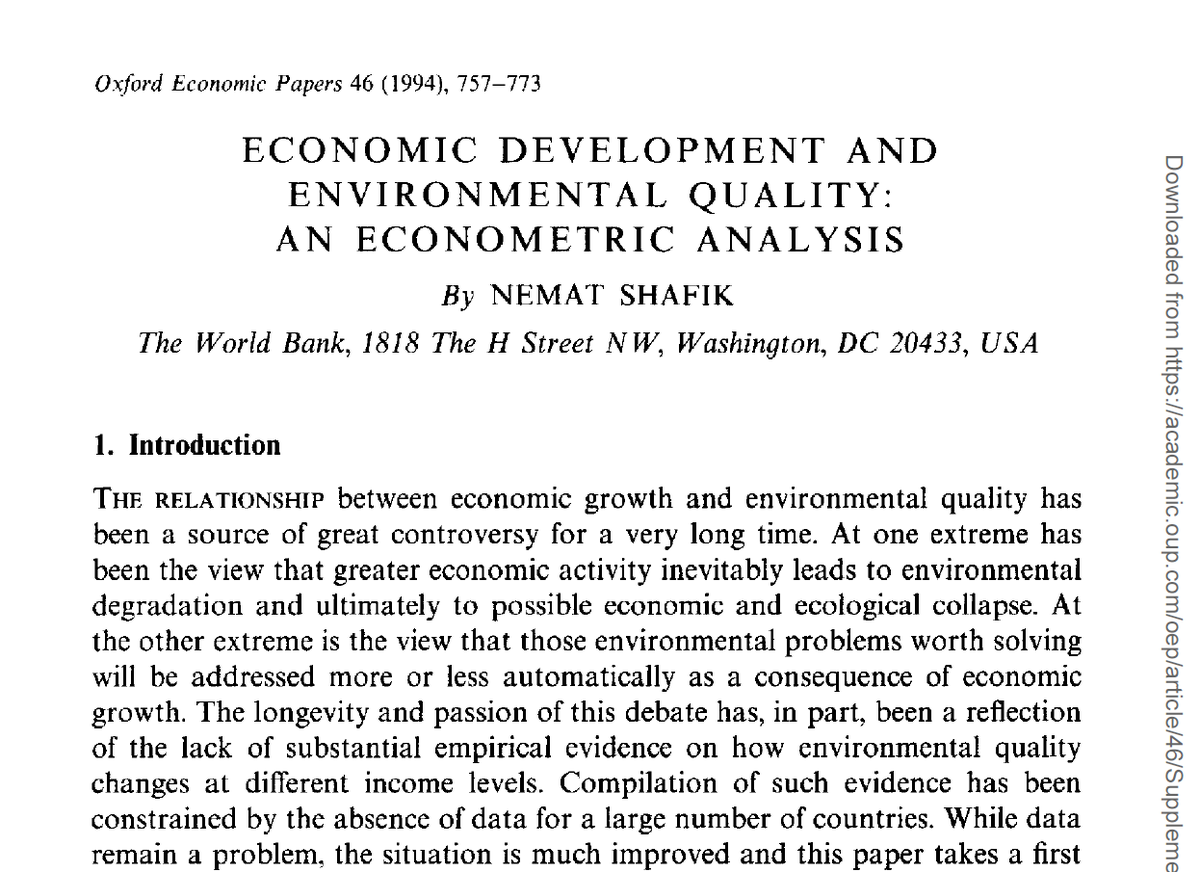
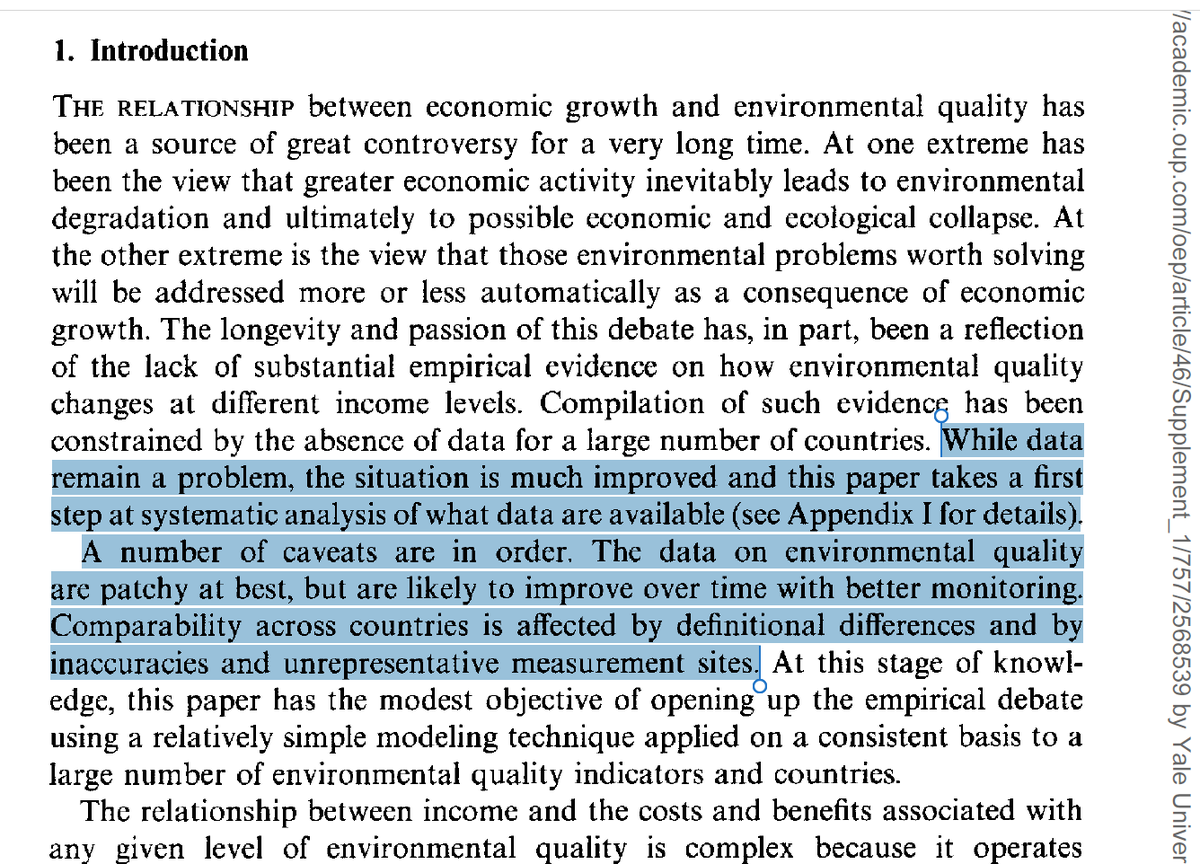
 This is not a close call. Table 1s are the same. Fig 1s are the same. Massive overlap in text.
This is not a close call. Table 1s are the same. Fig 1s are the same. Massive overlap in text.
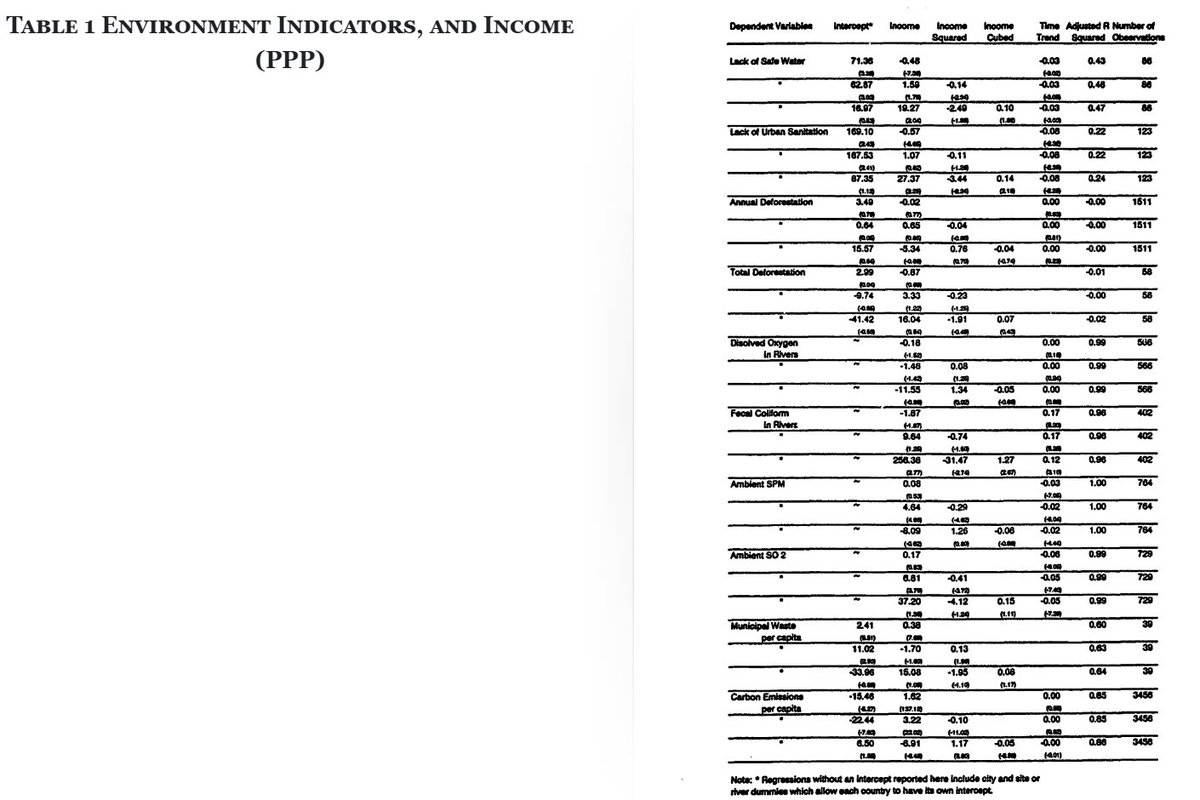




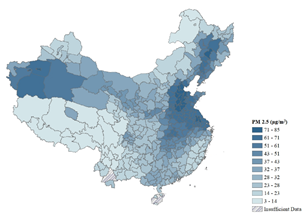
https://twitter.com/YaleEGC/status/1352228760175726592Greater out-migration of the college-educated from polluted areas is clearly evident even in the raw data in China (see maps), but we use multiple data sources and empirical techniques to uncover the causal effect of pollution on emigration

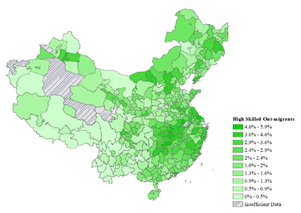
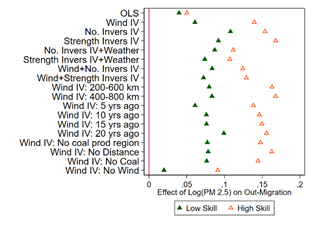
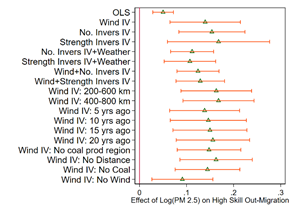
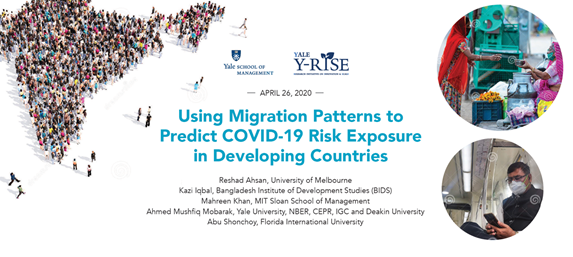
 Data on airport returnees predict subsequent quarantines & #COVID19 distress calls across districts in #Bangladesh. Data on migration permits predict confirmed cases in #Philippines municipalities and Bangladeshi sub-districts.
Data on airport returnees predict subsequent quarantines & #COVID19 distress calls across districts in #Bangladesh. Data on migration permits predict confirmed cases in #Philippines municipalities and Bangladeshi sub-districts. 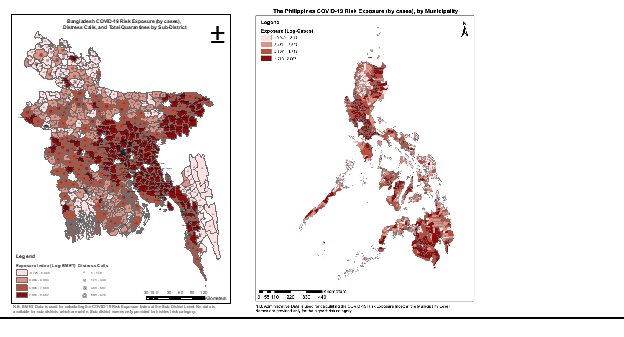
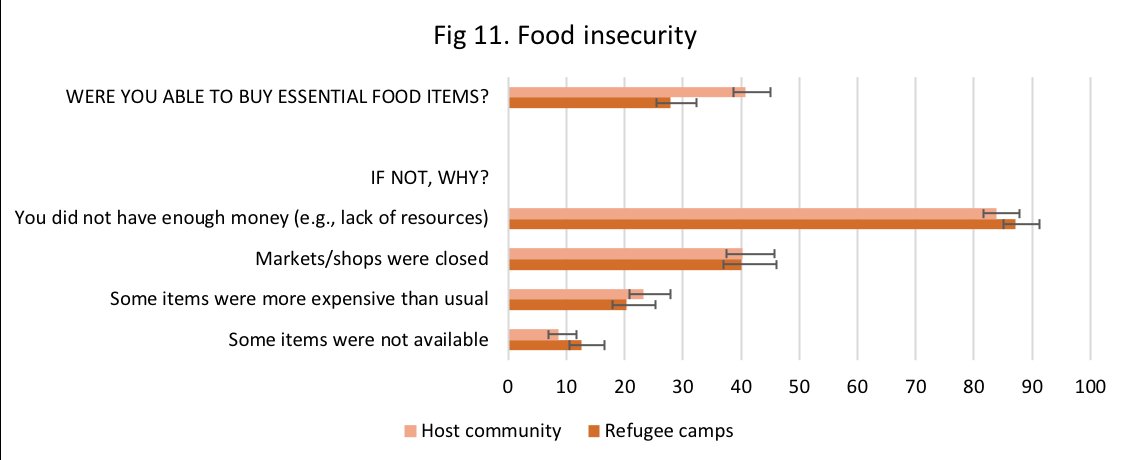

https://twitter.com/KhurramHusain/status/1258244024743399424Richer people can afford to stay at home. Both this journalist and I can work from home, and even if not, we're willing to sacrifice our economic livelihoods to avoid the risk of contracting COVID. Because even with pay-cuts, we can still easily put food on the table

https://twitter.com/AtifRMian/status/11275050411689738241. From macro data, the 2 proximate causes are our 2 biggest exports: (a) Garments and (b) Humans (i.e. remittances), both of which contribute large shares of GDP. [Not "exporting people to India", as trolls claim in Atif's thread, but remittance receipts from ME, SEA and Europe]